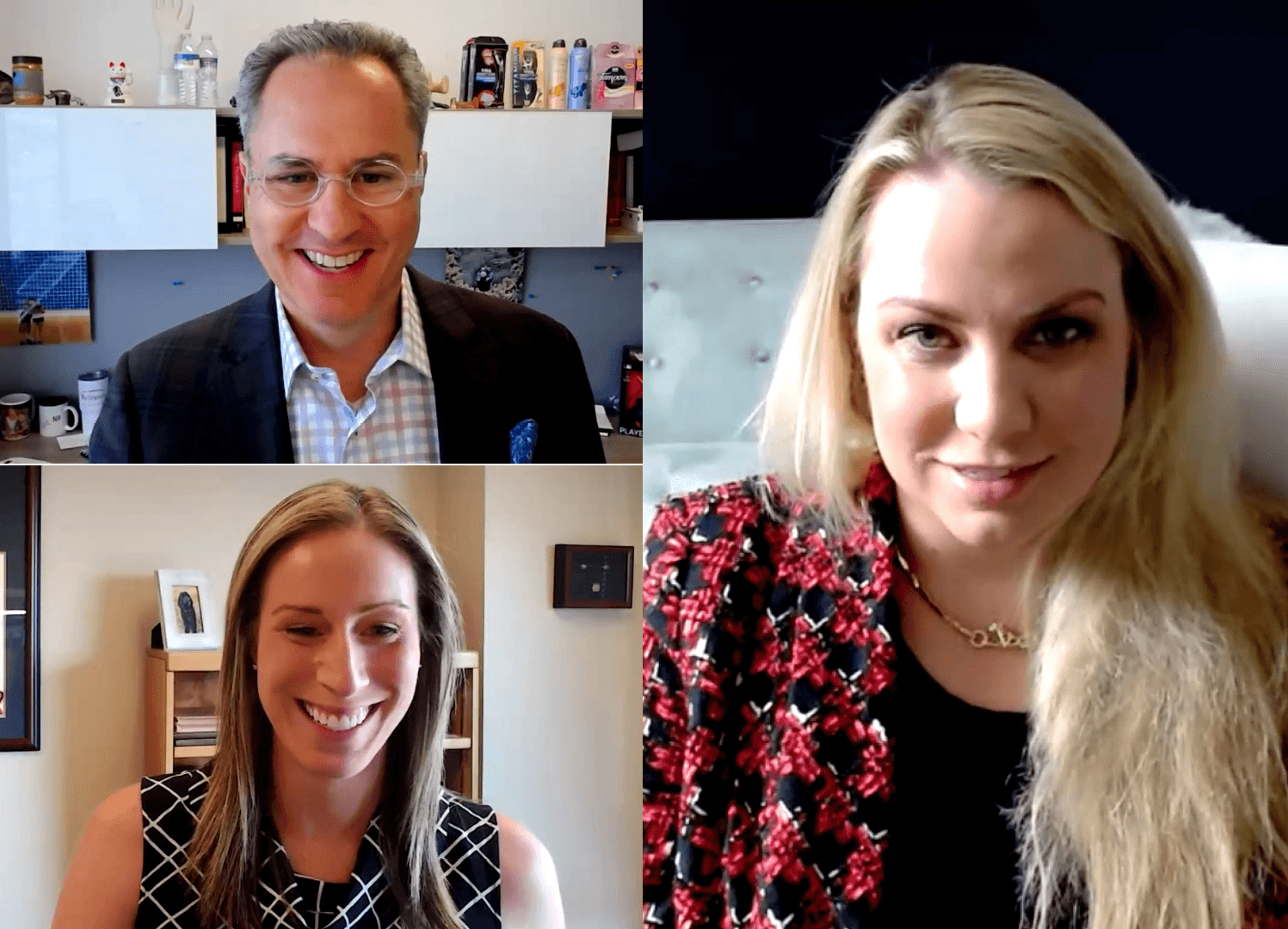How much do you hate robocalls and marketing text messages?
Today we have a very special guest, NP alumnus Troy Lieberman. Troy is the Vice President of Legal at Attentive, a leading text message software platform. Troy is responsible for product counseling, compliance, privacy and security, litigation, IP, and public policy functions. Let’s start with the basics.
Watch A Little Privacy, Please!® on the TCPA.
What is the Telephone Consumer Protection Act?
The TCPA, or Telephone Consumer Protection Act, is a federal law passed in 1991, largely in response to a flood of telemarketing calls in the late ‘80’s. It regulates automated calls, pre-recorded calls, texts, and faxes. Importantly, though, in 1991 there was no texting, no unlimited plans, and different marketing technology was used. It was an entirely different landscape, and what you have today is a 1991 law being applied to modern technology. It’s enforced by the Federal Communications Commission (FCC) and the Federal Trade Commission (FTC), but also includes a private right of action where individuals can sue for up to $500 per violation—and there’s no cap on the total damages, making it a class-action target. The TCPA and regulations also include the Do Not Call Registry and the so-called quiet hours prohibition about when telemarketing cannot occur.
There’s been a lot of class-action litigation involving the TCPA. Can you give our audience a sense of how that’s evolved?
There’s definitely a cottage industry of class action under the TCPA. Largely it came about as a result of an FCC order in 2015, which made the TCPA more consumer-friendly. In 2008, there were 14 TCPA lawsuits in federal courts. There were over 5,000 a decade later, so it’s really exploded. Fortunately in 2021, the Supreme Court issued a decision in a Facebook case significantly narrowing that 2015 FCC order. But it’s important to note, that only dealt with the autodialer definition, and we’re still seeing a lot of litigation around what is an autodialer. It also had no impact on those pre-recorded or fax litigations we’re also seeing. Plaintiffs’ lawyers have run with this and under the TCPA are asserting claims and class actions. And many of them may have merit, but most companies are calculating the cost to defend these. Even a frivolous suit is not worth it for defendants, and plaintiffs are extracting settlements as a result.
What are you seeing plaintiffs’ lawyers really highlighting as main violations of the TCPA?
There are a lot of technicalities in the TCPA and the related regulations. For example, what constitutes an autodialer, what constitutes valid consent. There’s differing levels of consent for the different types of communications, transactional or marketing. The type of technology used—autodial, pre-recorded faxes often impact the level of consent. And so, missing one small aspect, such leaving out a key phrase in the consent language, can be incredibly costly. While there are some defenses, if you miss one of the key requirements of the consent language, it's essentially a strict liability statute and plaintiffs are willing to pounce on that. And that’s really one of the biggest issues under the TCPA, in my opinion.
Spam calls are on the rise, and those are truly spam calls with bad-faith actors. But where the TCPA comes in is plaintiffs’ lawyers are looking for the low-hanging fruit. They’re going after the legitimate companies whose consumers generally do want to hear from them and have opted in to receive these messages, but because they don’t dot an “I” or cross a “T” in the language, they’re the ones facing the lawsuits. And the truly bad actors who are doing scams and other things that are harder to find and track down, they are running unabated, and the TCPA really is not set up to function to deal with the largest issue out there.
TCPA is obviously a federal statute. I know that some states have what are called mini TCPA statutes, like in Florida. Do companies need to be worried about the state-law level as well?
Absolutely. The Florida statute came about in direct response to that Supreme Court Facebook decision. Florida amended their laws to revert to the pre-Facebook decision. They’ve also added some quiet hour limitations and limiting companies to three communications per 24 hours on the same subject matter prohibition, so, it definitely is more onerous, and a huge amount of litigation in the last two years has been based in Florida as a result of the more favorable conditions for plaintiffs’ lawyers. But fortunately, the Florida legislature just amended that law, it’s waiting on the governor’s signature, and we are optimistic that it will significantly curtail litigation. There still will be some, and it’s still a concern, but hopefully less so than it has been. But other states have followed Florida’s lead. New York, Maryland, Washington, among others have passed or introduced similar legislation, so the state-law levels are certainly a concern. We’re monitoring that on our end, and everyone should be at least aware of what’s going on at the state level.
Any pieces of advice for businesses trying to navigate the TCPA landscape?
It’s a difficult landscape, given uncertainty at the federal and state levels and obviously significant penalties for running afoul of these laws. The best practice that can really mitigate risk significantly is getting consent. Getting sufficient consent to use automated or pre-recorded methods for marketing purposes goes a long way to mitigating your risk. Obviously other things like honoring opt-outs are certainly important, but consent is detailed and important, and if you do that right, that goes a long way. Almost as important as getting the right consent is retaining proof of consent, so when push comes to shove and a consumer files a complaint or makes a demand, you can show them the exact language that they saw, the exact opt-in that they agreed to, to show that they agreed and consented to what you are doing as a business.
I’d be remiss not to include that working with experienced counsel to help navigate this is great. Using established vendors who know this space and can, you know, give a guiding hand is also important because it is so fraught with landmines for unexpecting companies.


